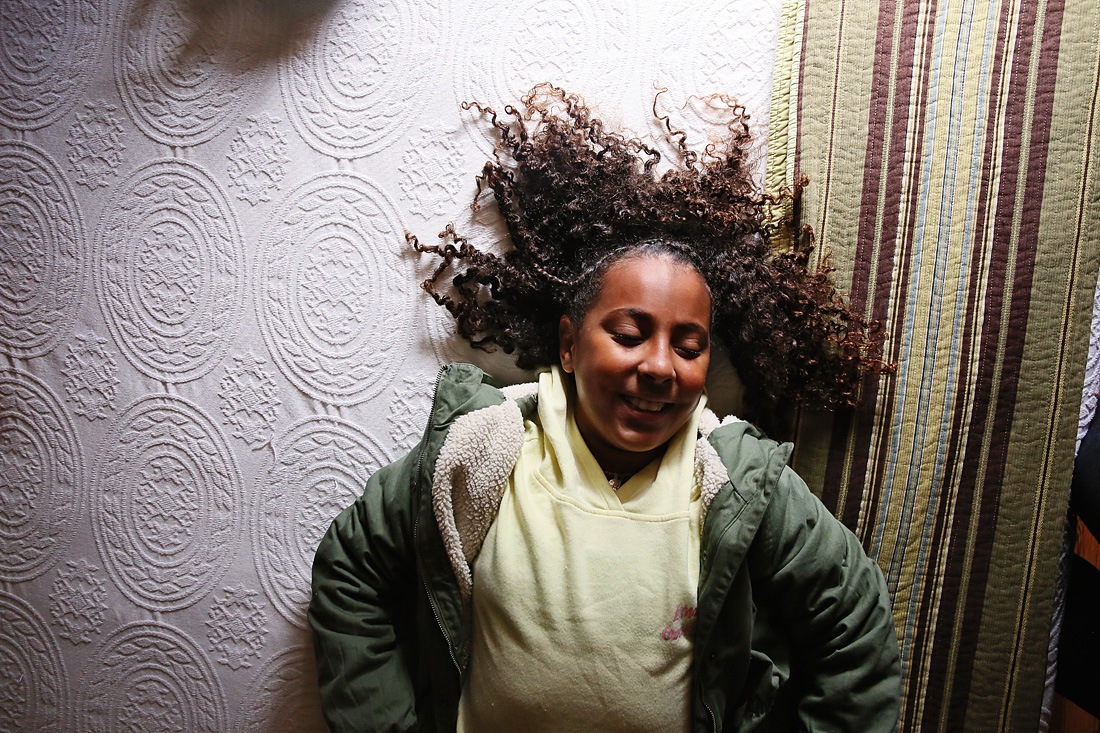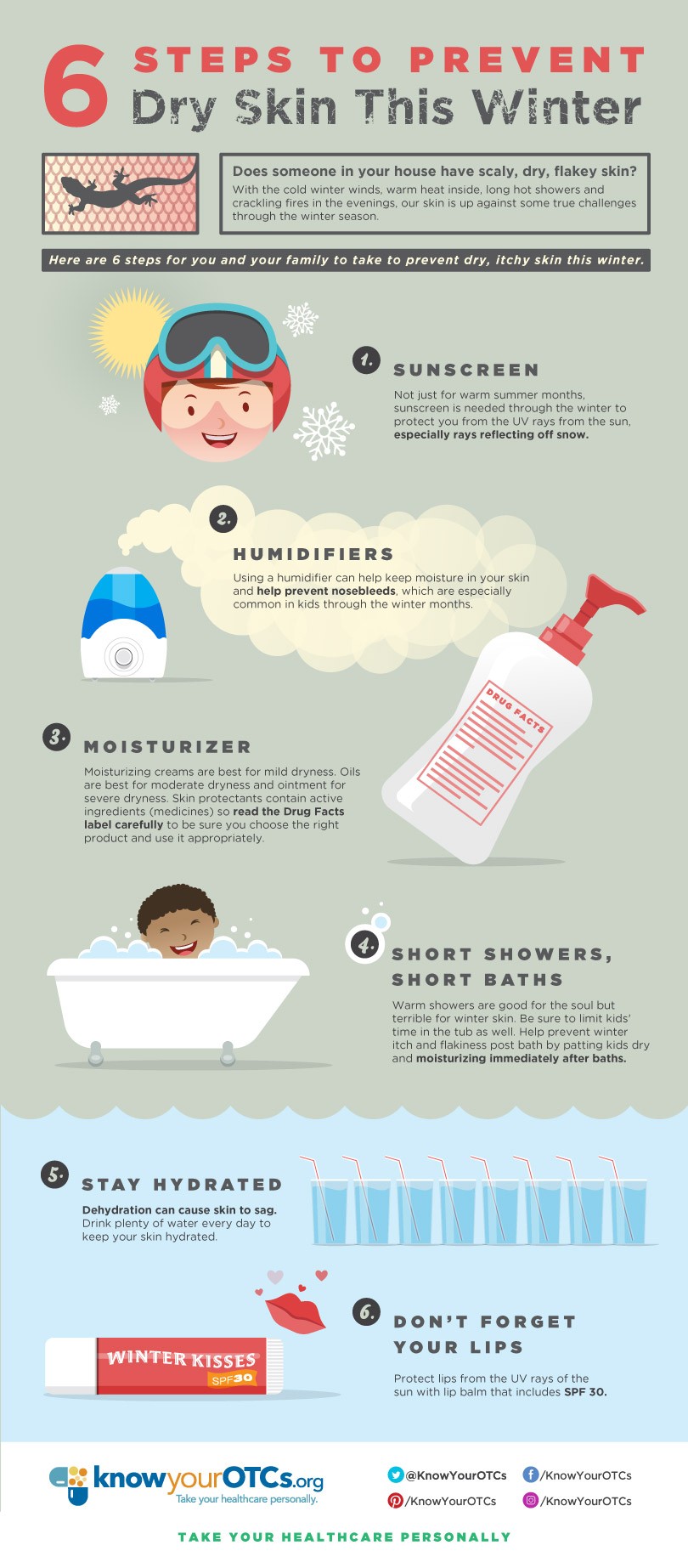Since I have brown skin and curly hair, I assumed my mixed kids would have hygiene routines similar to my own. Especially when it comes to skincare, I was unaware of how delicate my daughter’s black skin was and how prolific eczema is in black kids. Over the years I did notice how much more lotion and hydration my husband used, but honestly didn’t put much thought into a kids skin routine until my daughter showed signs of eczema with dry scaly skin spots around her mouth and (just in the last year or so) her cheekbones too. Since she was a toddler, we’ve been combating scaly dry skin because of the environment (like in the winter when we run the heater nonstop), but also other symptoms of eczema caused by her diet and genetics.
Scaly Dry Skin
When it comes to kids and dry skin, some interesting facts on eczema from Healthy Children are worth thinking about:
- Eczema is the most common skin problem treated by pediatric dermatologists.
- 90% of the symptoms appear before age 5.
- Some children may outgrow eczema by the time they are young adults.
But when you also consider this CDC data revealing an increase in eczema cases in our black children, my ears perked up! I realized that I needed to learn how to care for my kids’ scaly dry skin with intentionality…
- The prevalence of eczema among black children under 18 rose to 17% from 9% between 2000-2010.
- From 5-10% among Hispanic kids
- From 8-13% among white kids
Scaly Dry Skin
Check out this great quick guide to winter skin from KYOTCs.com!
Sunscreen: Do black people need sunscreen? YES!!! Despite our gorgeous melanin, black kids need sunscreen just like everyone else… even during the winter months! Ultraviolet rays can still burn and dry up moisture when its super cold, so lather on the sunscreen before your little ones go out the door. I’ll admit that not all brands are great sunscreens for black skin (some are so tedious to apply for darker skin tones), but it’s worth the effort to test out a few varieties to find your favorite one.
Humidifier: To alleviate dry scaly skin and dry patches on the face, take care of the environment your kids spend time in. Using a humidifier can help keep moisture in their skin at night and reduce environmental factors that arise from eczema.
Hydration: Moisture from the inside, out! Our kids need to be drinking water. Just good ol’ fashion H2O. I know kids love sports drinks and soda, but help the body to fight against dry patches and eczema breakouts by drinking plenty of water throughout the day.
Skincare Products: There are a large variety of skincare options for preventing and treating winter skin. Treatments are generally designed to moisturize and/or exfoliate dry skin. A general rule of thumb is that moisturizing creams are best for mild dryness, oils for moderate dryness and ointment for severe dryness. The best time to apply moisturizer is immediately after a shower or bath. This locks in the water that is still surrounding your skin cells with a layer of oil, cream or ointment. My daughter needs all three product layers on her face to prevent scaly dry skin. Here’s her skincare routine for the areas of flakey dry skin:
- Cream for moisture
- Oil for hydration (we like a mild oil like Argan oil for hair and face)
- Ointment as a sealant
When using over-the-counter (OTC) medicines to help treat dry skin to always read the Drug Facts label first before applying.
Infection: Another complication of dry skin is a potential infection. Cracked skin can provide an entry for bacteria to invade, and this is further aggravated by scratching (common when skin is dry and itchy). If you notice pain or redness developing in an area where you have been scratching or have cracked skin, this could be a sign of a bacterial skin infection called “cellulitis” and you should call your healthcare provider.
Less/shorter bathing: Much like with hair, mom should be cautious of the over cleansing. Warm water and soaps can strip essential oils from skin. Less and shorter baths (or moving the kids into the shower instead) during the winter is a good idea to prevent dry skin. Instead of soaking in a tub, do sponge baths instead to ensure proper hygiene. Make sure to moisturize immediately after bathing, also.
I’ve partnered with the CHPA’s Educational Foundation, KnowYourOTCs, to write this post. All opinions are your own.





